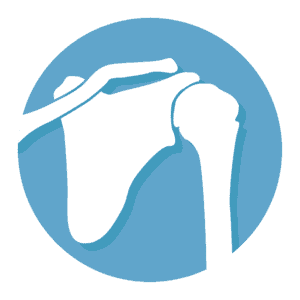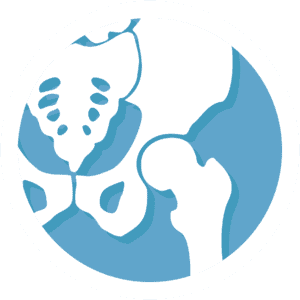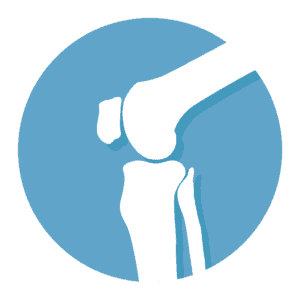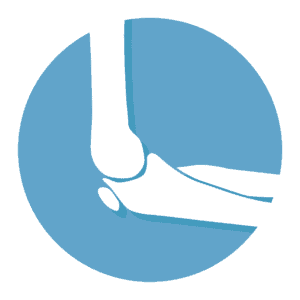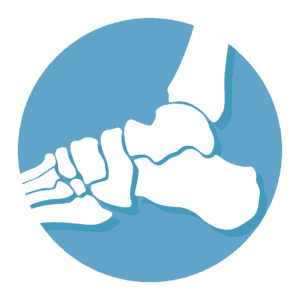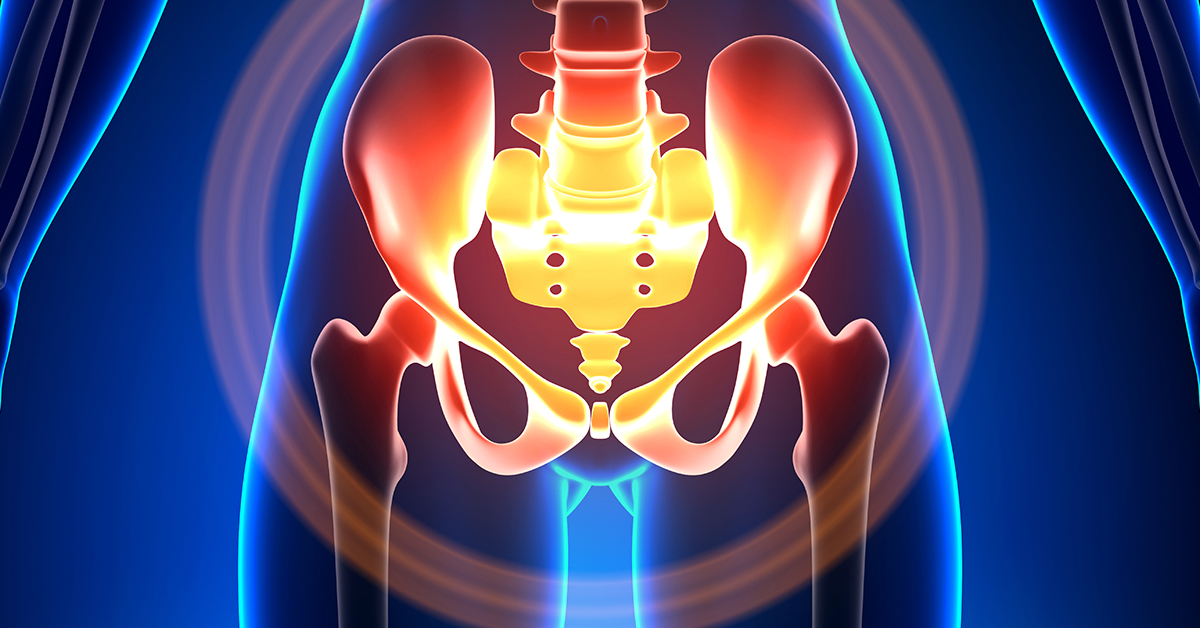
Anatomy of the Hip
The joints in our body enable us to move. Without the different joints in our bodies, movement would be impossible. The hip joint allows for the front-to-back and side-to-side motion that allows you to run, walk, and more. This movement is possible because of bones, ligaments, muscles, and tendons working together in the hip.
Bones
The hip joint is a ball-and-socket joint like the glenohumeral joint in the shoulder. Ball-and-socket joints work by having a rounded object (ball) fit into a cavity (socket). This combination creates a wide degree of rotary movement.
The femur, or thigh bone, and the pelvis make up the bones in the hip joint. The femur is the heaviest, longest, and largest of the bones in the body. The top end of the femur is called the femoral head. The femoral head is rounded and smooth, covered with a cartilage material that makes movement easier by reducing friction. The femoral neck is the portion of the femur that supports the femoral head. The femoral neck is long to allow for as much leverage and rotation in the hip joint as possible.
The pelvis is the other bone structure in the hip joint. It is made of two sides, each composed of three sections: the ilium, ischium, and the pubis. The pelvis carries the weight of the upper body and transmits it to the lower limb when sitting or standing. The femoral head nestles in a socket in the pelvis called the acetabulum.
Soft Tissue
The acetabulum is rimmed in a soft tissue called acetabular labrum, or the acetabular lip. This rim extends out to make the socket of the acetabulum deeper, giving extra stability to the joint. The surfaces of the femoral head and the acetabulum are both covered in articular cartilage, which makes movement smooth by reducing friction. There are also several ligaments in the hip joint. The femoral head ligament connects the femoral head to the acetabulum. Three femoral ligaments connect the femur to the pelvis, stretching over the joint to give it support and strength.

